On Monday afternoon, approximately 500kg of space debris fell onto a village in Makueni County in Kenya.
Although investigations into the matter are still ongoing, the debris was found to be a fragment of a rocket, namely, a separation ring. This large and heavy component is over eight feet in diameter and weighs more than 1,000 lbs.
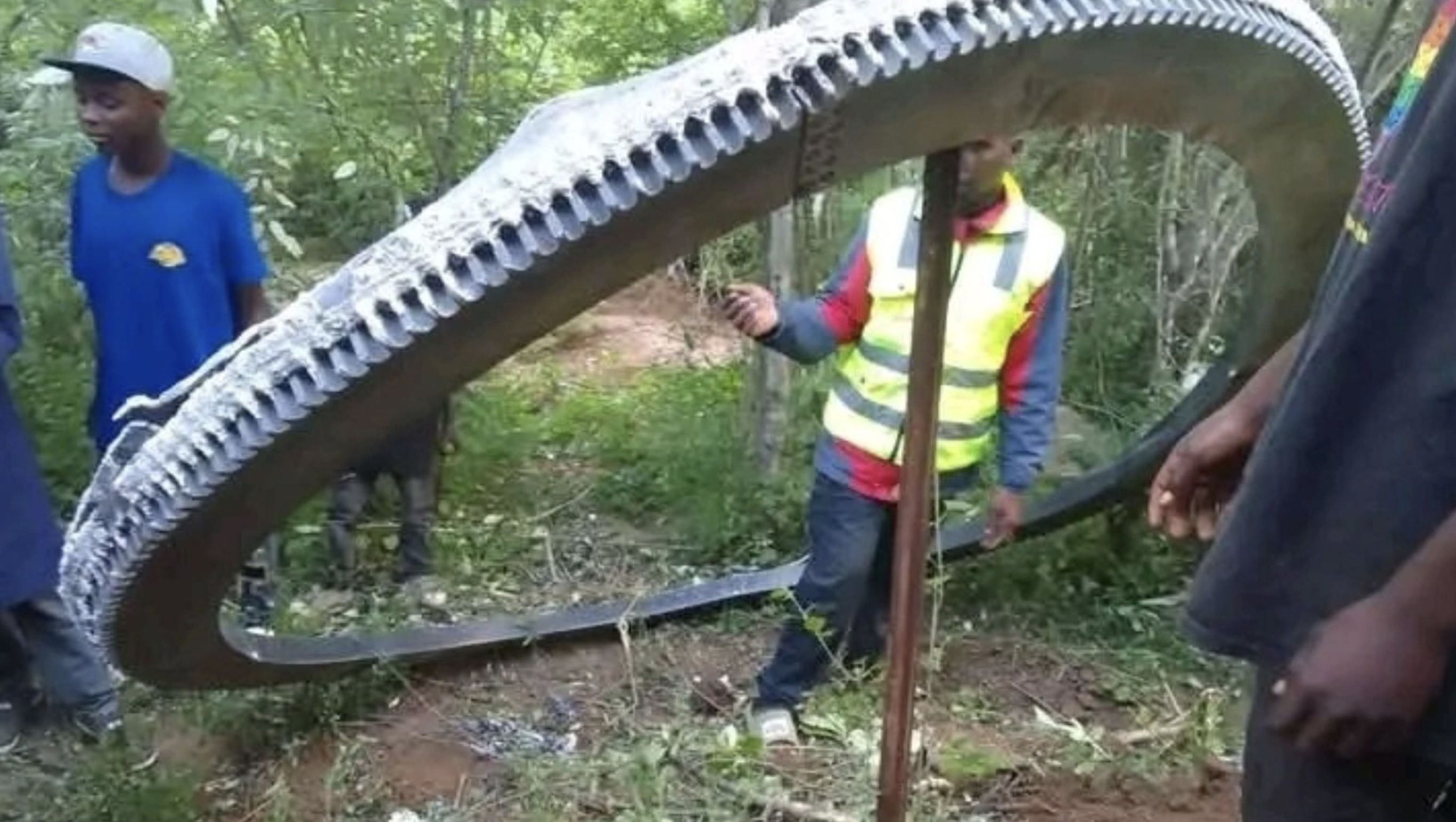
“We want to assure the public that the object poses no immediate threat to safety,” the Kenya Space Agency said in an official statement issued Wednesday. “Our experts will analyze the object, use existing frameworks to identify the owner, and keep the public informed of the next steps and outcomes.”
While the debris was recovered and secured promptly by the Kenya Space Agency, investigations are currently ongoing into how this fragment ended up in a populated area. Whilst very rare, it seems this is not an unheard-of occurrence.
NASA has already had legal action taken against them — the most recent being in 2023 — when debris fell onto a Florida home. Earlier in 2024, the European Space Agency reported a satellite crashing into the Pacific Ocean.
How Does This Happen?
Space junk is increasing rapidly and continues to pose potential risks when it comes to space travel and — as of late it seems — for us here on Earth. There are currently over 10,000 active satellites in Low Earth Orbit (LEO) with multiple reports of collisions and explosions occurring all the time.
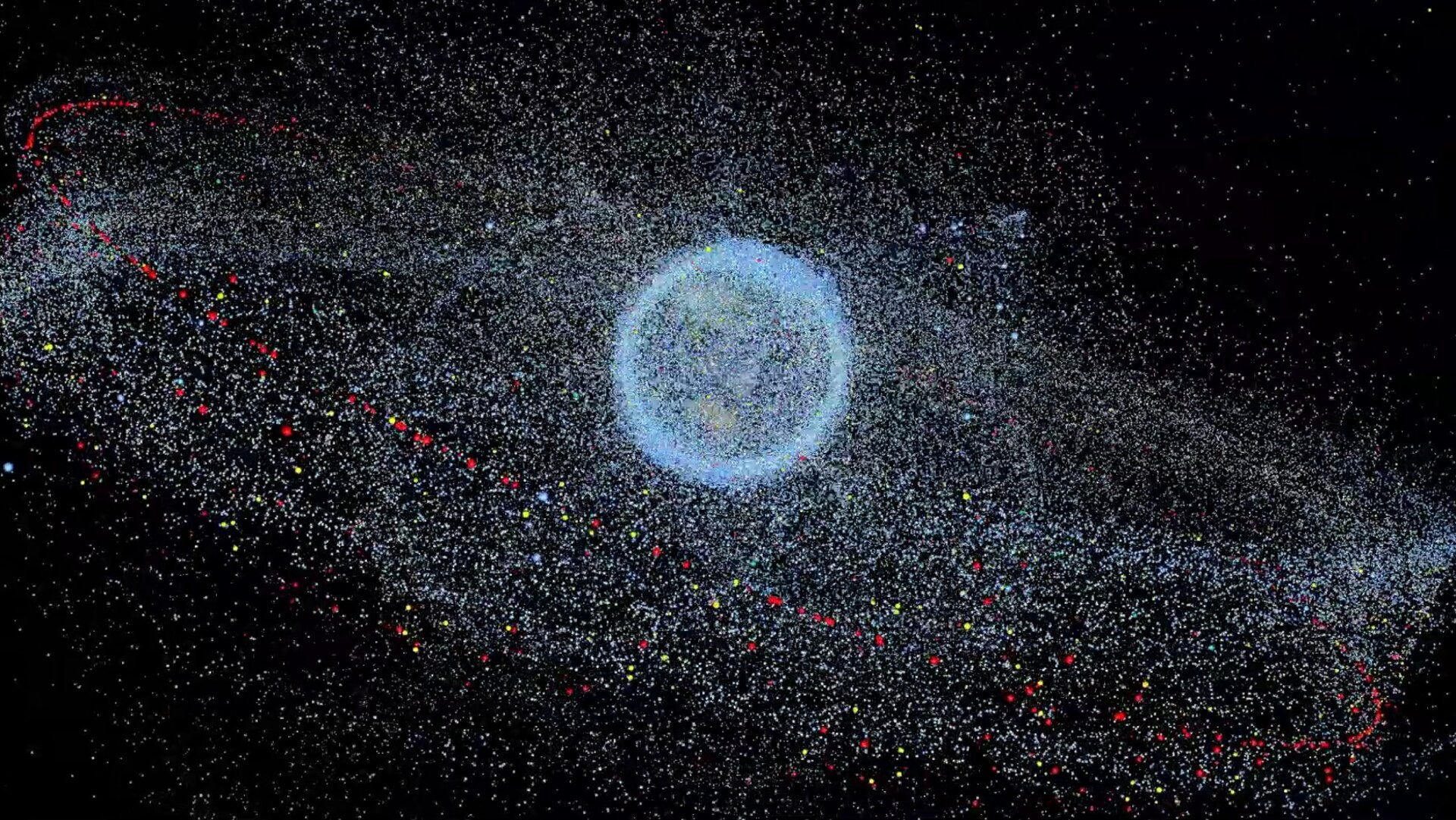
As such, thousands of fragments of debris are scattered out into space or into orbit itself, some of which make it back through the Earth's atmosphere. There have even been instances where some spacecraft have had to rapidly adjust their course to avoid debris.
Can We Get Rid of Space Debris?
According to Dr Vishnu Reddy, Professor of planetary sciences at the University of Arizona, the lack of regulation surrounding space junk is the biggest threat.
There is a theory called the Kessler Syndrome, brought about by NASA scientists Donald Kessler and Burton Cour-Palais. It states that, eventually, the increase of space debris would produce an ever-increasingly polluted orbital environment.
This can pose issues for operations such as GPS availability, and even launching new satellites. Whilst efforts are indeed underway globally to capture debris and deorbit defunct satellites and equipment, it seems, ironically, that we are slowly running out of space.
Could You Survive a Plane Crash? The Unlikely Science of Plane Crash Survival » Bomb Threat Cancels Air New Zealand Flight, Delays Passengers » Thousands of Flights Impacted as Winter Storm Blair Hits U.S. »
Comments (1)
 DArbeit
So NASA want to "deorbit" the ISS some years from now "safely"! They want to spend millions of our dollars to have it burn up(not guaranteed obviously from this story) on reentry over the ocean? Yeah right! How about using that millions of dollars to launch out into deep space or move it to a LaGrange point? At least that would get it out of Earth's orbit and not be a hazard to anyone on the ground.
DArbeit
So NASA want to "deorbit" the ISS some years from now "safely"! They want to spend millions of our dollars to have it burn up(not guaranteed obviously from this story) on reentry over the ocean? Yeah right! How about using that millions of dollars to launch out into deep space or move it to a LaGrange point? At least that would get it out of Earth's orbit and not be a hazard to anyone on the ground.
Add Your Comment
SHARE
TAGS
NEWS Space Junk Space Debris Orbit Kenya Kenya Space AgencyRECENTLY PUBLISHED
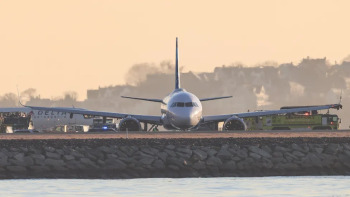 Could You Survive a Plane Crash? The Unlikely Science of Plane Crash Survival
With air travel consistently being heralded as the safest form of public transport, most of us do not board a plane pondering our chances of survival in the event of a crash. But, is it possible to survive one?
INFORMATIONAL
READ MORE »
Could You Survive a Plane Crash? The Unlikely Science of Plane Crash Survival
With air travel consistently being heralded as the safest form of public transport, most of us do not board a plane pondering our chances of survival in the event of a crash. But, is it possible to survive one?
INFORMATIONAL
READ MORE »
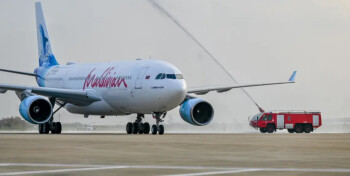 Maldivian Airlines Introduces First-Ever Widebody Aircraft, Plans New China Flights
Maldivian, the government-owned national airline of the Maldives, has just welcomed its first-ever wide body aircraft: the Airbus A330-200. With the new aircraft, the carrier also plans brand-new long haul international flights to China.
NEWS
READ MORE »
Maldivian Airlines Introduces First-Ever Widebody Aircraft, Plans New China Flights
Maldivian, the government-owned national airline of the Maldives, has just welcomed its first-ever wide body aircraft: the Airbus A330-200. With the new aircraft, the carrier also plans brand-new long haul international flights to China.
NEWS
READ MORE »
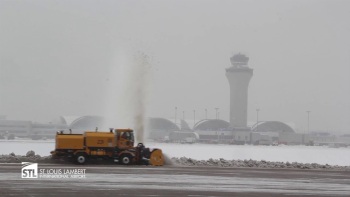 Thousands of Flights Impacted as Winter Storm Blair Hits U.S.
Winter Storm Blair has unleashed a huge blast of snow, ice, and freezing temperatures across the Central and Eastern United States.
As of Sunday afternoon, over 6,700 flights and counting have been disrupted. This includes cancelations and significant delays leaving passengers scrambling to change flights and adjust travel plans.
NEWS
READ MORE »
Thousands of Flights Impacted as Winter Storm Blair Hits U.S.
Winter Storm Blair has unleashed a huge blast of snow, ice, and freezing temperatures across the Central and Eastern United States.
As of Sunday afternoon, over 6,700 flights and counting have been disrupted. This includes cancelations and significant delays leaving passengers scrambling to change flights and adjust travel plans.
NEWS
READ MORE »





